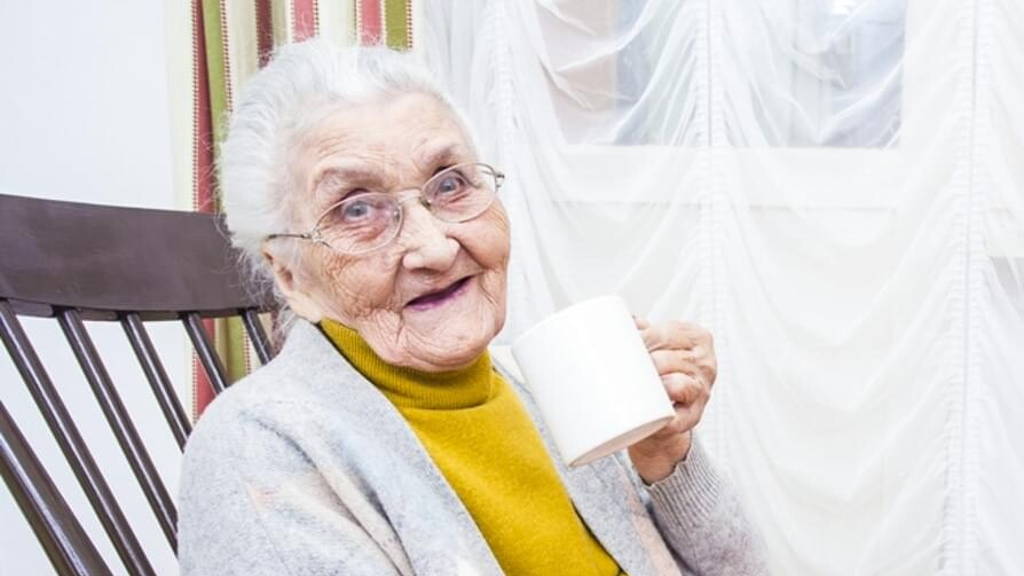The group of older people needing care keeps growing, due to ageing. However, the group of people being able to take care of them keeps getting smaller, due to people living apart at greater distances, more women in paid employment and new family structures. Telecare could provide a solution to this problem. PhD researcher Gigliola Brintazzoli decided to research this matter. She interviewed and observed 16 older telecare users so far. Het first outcomes suggest that telecare might not be as cold as it seems.
The research shows some key factors to achieving this bond. Firstly, the tele-operator has to respond quickly whenever an alarm is triggered. And secondly, they have to give the patient some time to explain what happened — and truly listen.
Of course, telecare is not done whenever someone hangs up the phone. In an ideal situation, the user has a network of at least two nominated keyholders, like friends, neighbours or family members, who are allowed to enter the house of the older person whenever they’re in need of help. The biggest benefit of telecare turns out to be immediate reassurance; a calming voice at the other end of the line.
Telecare supports living independently
The ageing population results in more and more people staying in their homes. Traditionally, they have to depend on paid or unpaid care takers. Telecare — a range of remote care technologies and associated services — helps those people to live independently for a longer period of time. It is a form of care at a distance, where tele-operaters receive an alert whenever something is wrong. This could, for example, be an automatic alarm given off by a bracelet. After receiving the alert, the tele-operator in question simply telephones the user and organises help if required. These tele-operators in their way bring safety and security to those people who are homebound.Not feeling as alone
But tele-operators are not just someone on the other end of the line. They can create an attachment to their regulars, especially when having to call people on a weekly basis. This creates a new type of social connection for homebound people. A voice on the other end of the line, to comfort them when it’s needed. It can make them feel less alone, which is a glorious thing in times where loneliness is becoming a large problem among the older generation.The research shows some key factors to achieving this bond. Firstly, the tele-operator has to respond quickly whenever an alarm is triggered. And secondly, they have to give the patient some time to explain what happened — and truly listen.
Of course, telecare is not done whenever someone hangs up the phone. In an ideal situation, the user has a network of at least two nominated keyholders, like friends, neighbours or family members, who are allowed to enter the house of the older person whenever they’re in need of help. The biggest benefit of telecare turns out to be immediate reassurance; a calming voice at the other end of the line.






